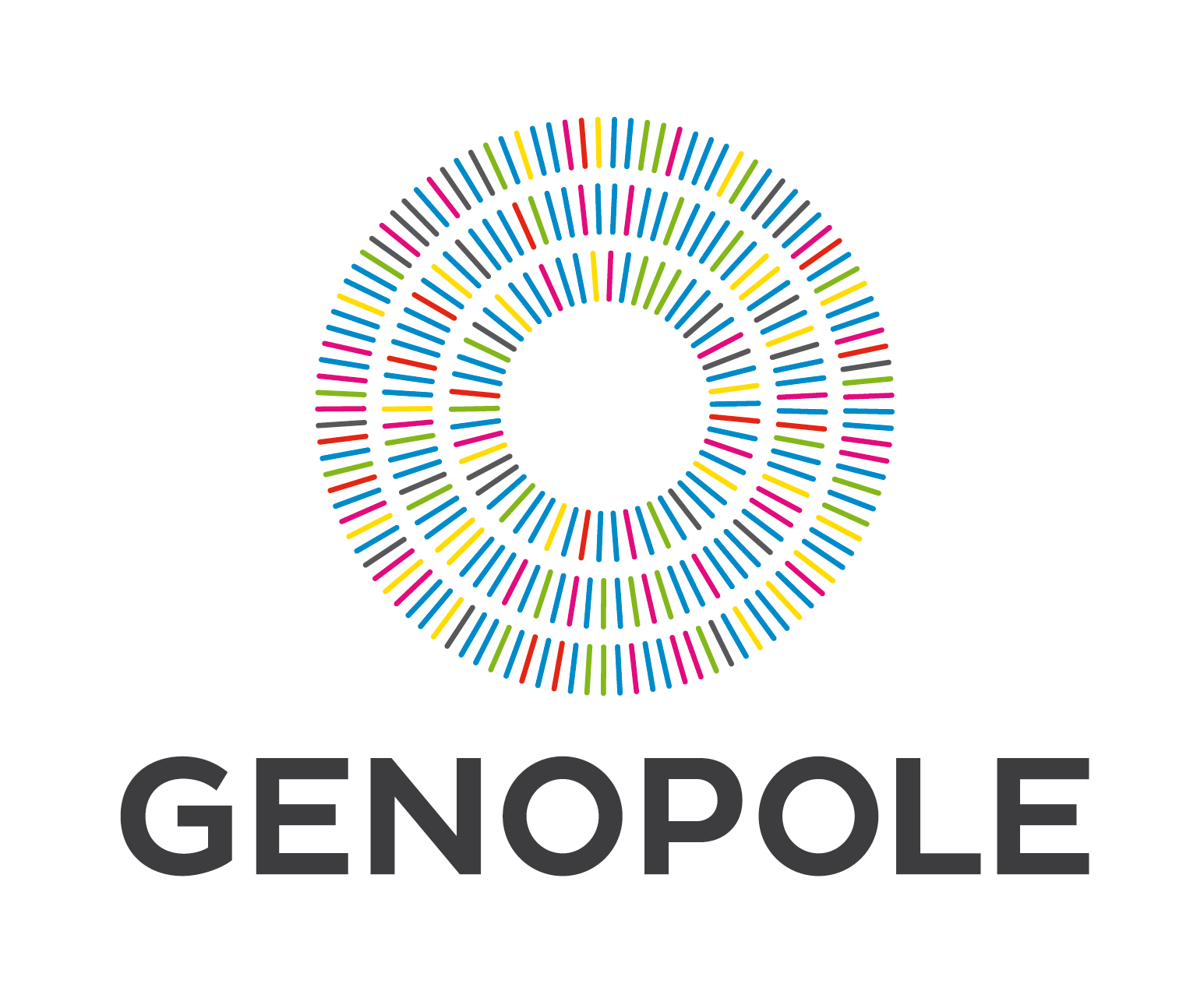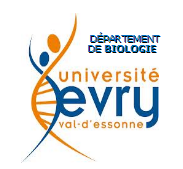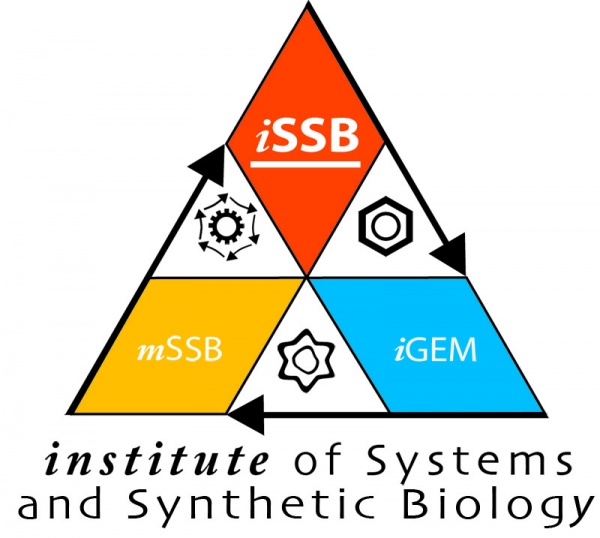Team:Evry/Notebook/w11
From 2013.igem.org
| (3 intermediate revisions not shown) | |||
| Line 30: | Line 30: | ||
| - | <h3> | + | <h3>Homologous Recombination</h3> |
<p> | <p> | ||
| - | We realised a PCR on a plasmid with a kanamycin cassette resistance and with our two designed primers P119 and P120. The PCR product had been then purified and migrated on 1% agarose gel. We | + | We realised a PCR on a plasmid with a kanamycin cassette resistance and with our two designed primers P119 and P120. The PCR product had been then purified and migrated on 1% agarose gel. We obtained the 1 kb band expected which confirmed that we got the right amplificat. |
| + | </p> | ||
| + | <p> | ||
| + | We transformed by electroporation 50 uL of our strain with 100 ng of PCR product. We had a time constant of 5,6. After a 2 hours recovery in 2 mL of LB with IPTG, we added kanamycin and let our bacteria grow overnight at 30°C. | ||
| + | </p> | ||
| + | |||
| + | <p> | ||
| + | Next day, our culture was very turbid. Our bacteria got a kanamycin resistance. We plated 50 uL of our culture on four kanamycin-agar petri dishes and grew overnight at 30°C. | ||
| + | </p> | ||
</div> | </div> | ||
Latest revision as of 15:22, 30 August 2013
Week 11: 26th August - 1st September
TECAN
Creation of a E. Coli ΔFur
Strain preparation
Chemically competent Top 10 E. Coli was transformed with the plasmid PTK which contained λ Red factor. We plated our bacteria on LB Agar with spectinomycin and let them grow overnight at 30°C.
One colony had grown on our plate. We started an overnight culture of this colony in 2 mL of LB with spectinomycin and still at 30°C.
We then diluted 1 mL of our culture in 100 mL of LB with spectinomycin and IPTG so the λ Red factor would start to be expressed. We let bacteria grew to a OD of 0.5 and made them electro competent. The protocol used can be found in our Protocol pages.
Homologous Recombination
We realised a PCR on a plasmid with a kanamycin cassette resistance and with our two designed primers P119 and P120. The PCR product had been then purified and migrated on 1% agarose gel. We obtained the 1 kb band expected which confirmed that we got the right amplificat.
We transformed by electroporation 50 uL of our strain with 100 ng of PCR product. We had a time constant of 5,6. After a 2 hours recovery in 2 mL of LB with IPTG, we added kanamycin and let our bacteria grow overnight at 30°C.
Next day, our culture was very turbid. Our bacteria got a kanamycin resistance. We plated 50 uL of our culture on four kanamycin-agar petri dishes and grew overnight at 30°C.
 "
"













